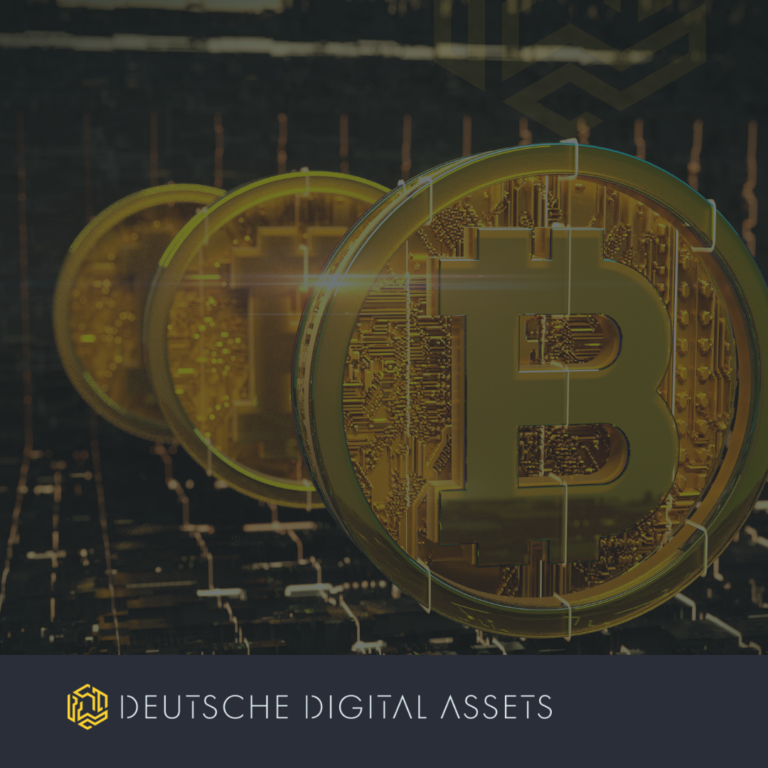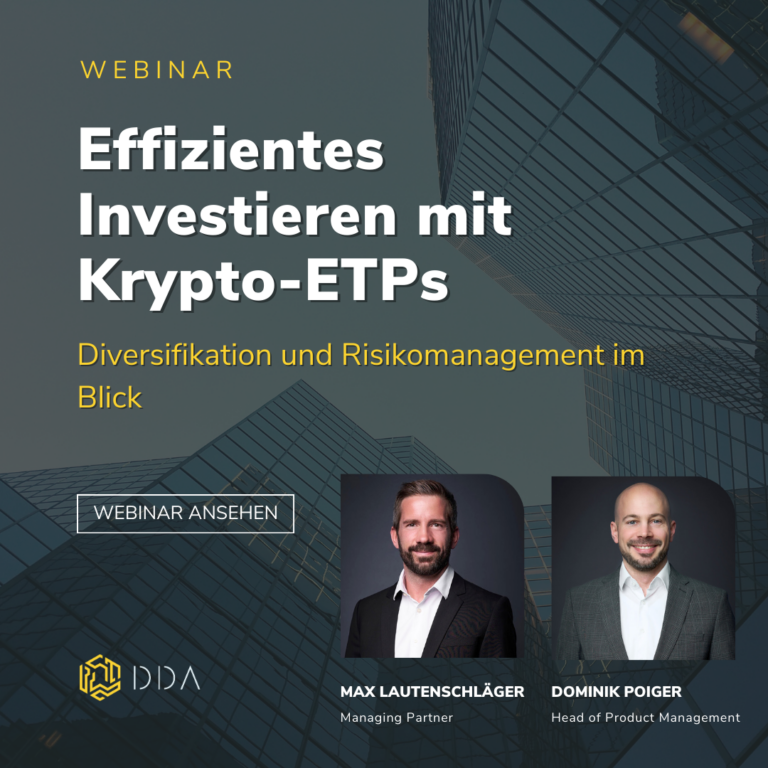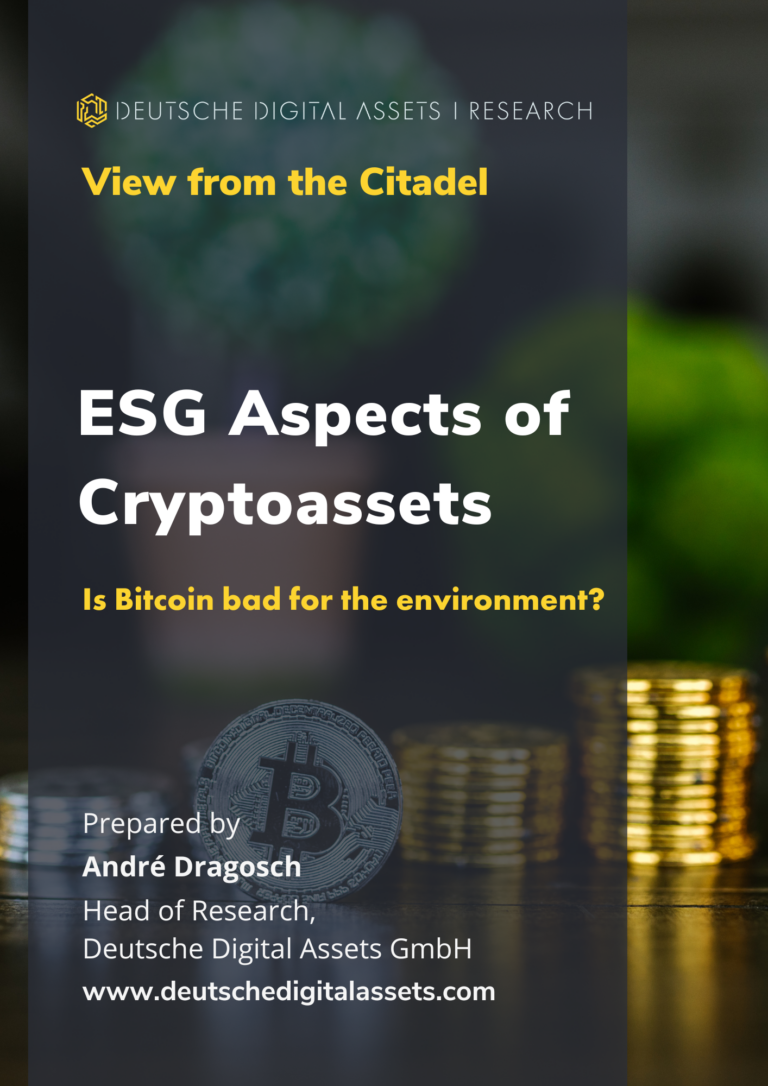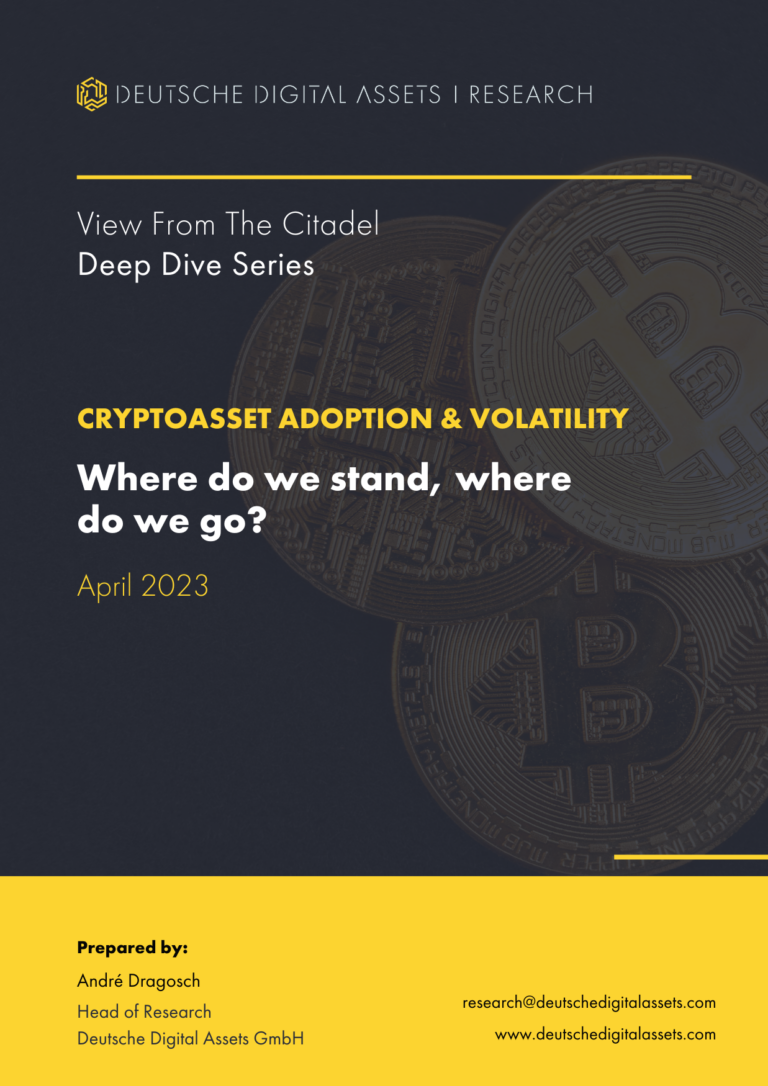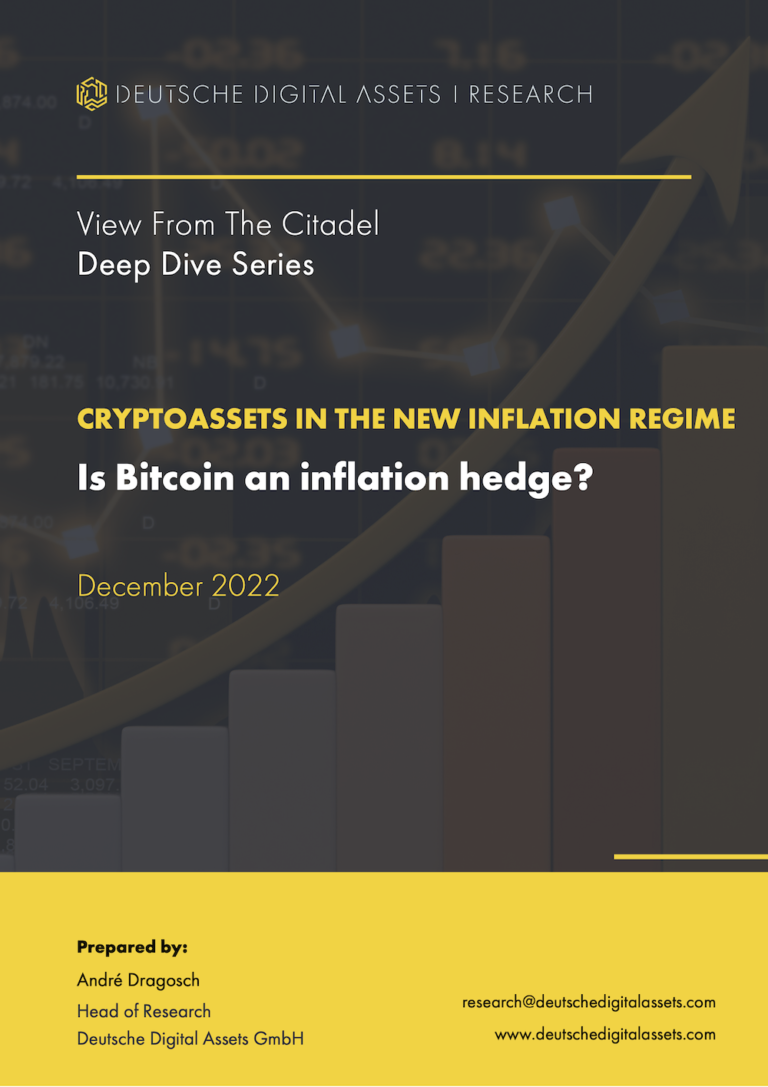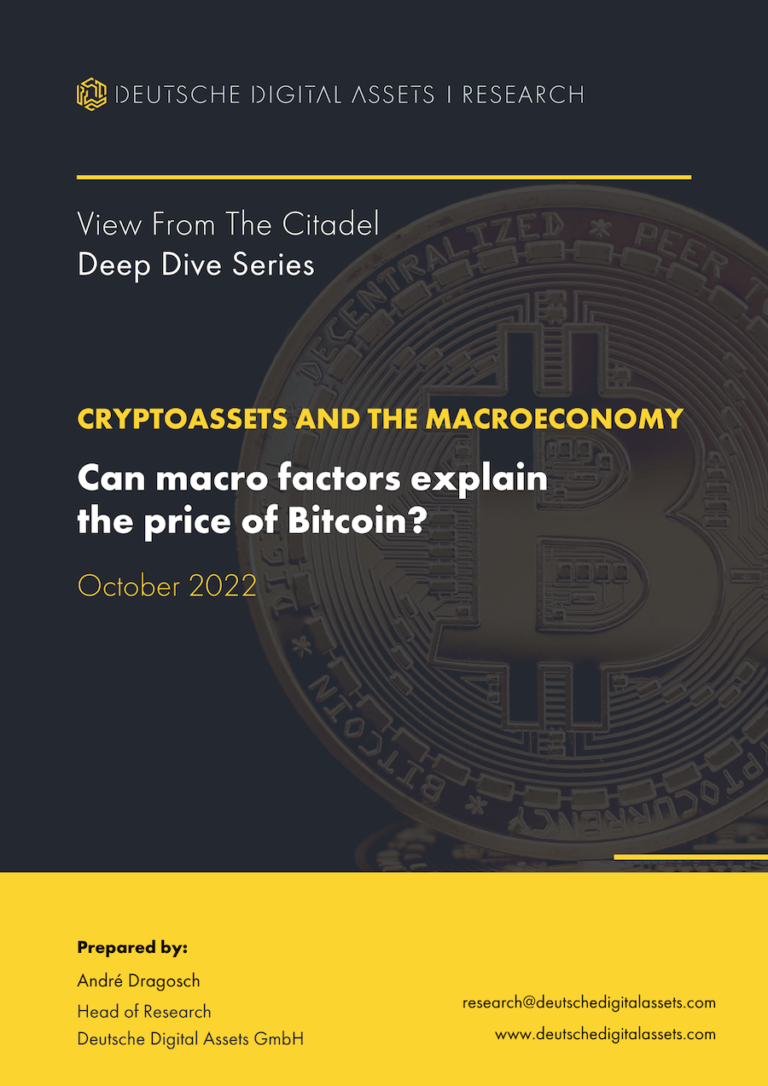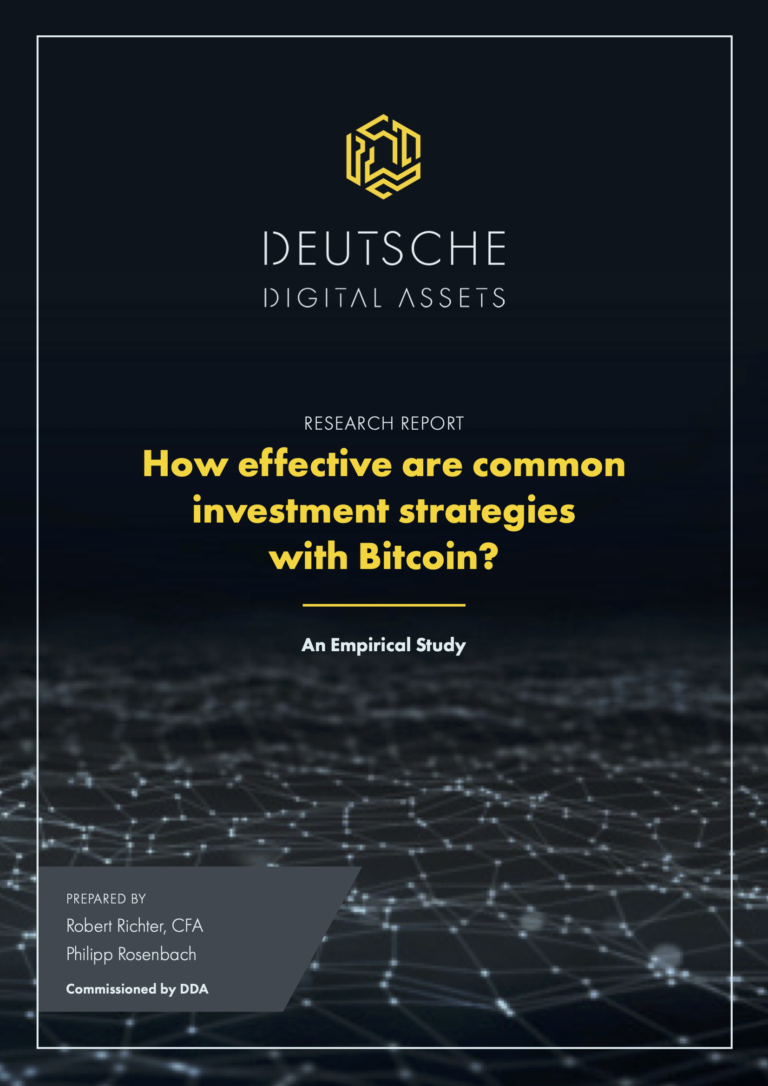PayPal is Entering the Crypto World; Issues USD Stablecoin “PYUSD” on Ethereum
by Dominik Poiger, Chief Product Officer, DDA
On 7 August 2023, PayPal announced the launch of a fully backed, regulated stablecoin labeled PYUSD, a stablecoin that is fully backed by U.S. dollar deposits, short-term U.S. treasuries and similar cash equivalents, and can be redeemed 1:1 for U.S. dollars.
PayPal’s decision to release its own stablecoin represents a significant development in the cryptocurrency space. The move has the potential to accelerate the adoption of stablecoins and cryptocurrencies on a broader scale, thanks to PayPal’s vast user base and global reach. PayPal has 420 million users and 29 million merchants active on its platform. With the launch of their PYUSD, PayPal has accomplished what Meta (formerly known as Facebook) has tried unsuccessfully with Libra/Diem, a planned stablecoin backed by a basket of fiat currencies that was shut down by regulators across the globe.
Stablecoins, as the name suggests, are cryptocurrencies designed to maintain a stable value by pegging them to a reserve asset, such as a traditional fiat currency like the US Dollar or a commodity like gold. This stability makes stablecoins particularly attractive for everyday transactions, as they mitigate the price volatility that has been a characteristic feature of other cryptocurrencies like Bitcoin.
For the issuance of its stablecoin, PayPal chose the public blockchain Ethereum and makes use of Paxos Trust Company (“Paxos”) which offers white label solutions in crypto. As a sidenote: Paxos was the issuer for the Binance-branded stablecoin BUSD and was ordered to cease the issuance at the direction of the NYDFS (New York Department of Financial Services) shortly after the SEC expressed its intention to sue Paxos for selling BUSD as an unregistered security. But PayPal’s choice of Ethereum is a logical one as it offers the appropriate technology, a large network of developers, ample liquidity and adoption as well as sufficient decentralization.
While there are many advantages of a privately issued and regulated stablecoin (mass adoption, cross border transactions, financial inclusion), the author is old enough to remember that PayPal once wanted to implement a 2,500 USD fine for “messages which are “fraudulent, promote misinformation or are unlawful”. The “acceptable use” policy stated that determinations of which messages violated the policy would be made at “PayPal’s sole discretion.”
And of course, like any centralized stablecoin (USDT, USDC), PYUSD also possesses the ability to freeze and seize assets through a function within the smart contract. The beauty of using an open, permissionless blockchain to issue a centralized, regulated stablecoin with a backdoor for regulators? If you don’t like it, don’t use it.
Bottom line: PayPal is big – 426 million active users, 1.2 trillion USD in volume across 19 billion transactions annually. The use of this technology could very well be a trojan horse for other payment providers to follow suit and issue their own stablecoins, potentially also on other blockchains such as TRON. While PYUSD will be for US clients only first, a global roll out could indeed be a catalyst for financial inclusion (to those who are eligible to open a PayPal account!).
Sign up for the DDA Newsletter here and receive our latest research reports, weekly market analysis and the latest insights on macro, industrial and crypto market trends from our top experts, delivered straight to your inbox.
Legal Disclaimer
The material and information contained in this article is for informational purposes only. Deutsche Digital Assets, its affiliates, and subsidiaries are not soliciting any action based upon such material. This article is neither investment advice nor a recommendation or solicitation to buy any securities. Performance is unpredictable. Past performance is hence not an indication of any future performance. You agree to do your own research and due diligence before making any investment decision with respect to securities or investment opportunities discussed herein. Our articles and reports include forward-looking statements, estimates, projections, and opinions. These may prove to be substantially inaccurate and are inherently subject to significant risks and uncertainties beyond Deutsche Digital Assets GmbH’s control. We believe all information contained herein is accurate, reliable and has been obtained from public sources. However, such information is presented “as is” without warranty of any kind.






